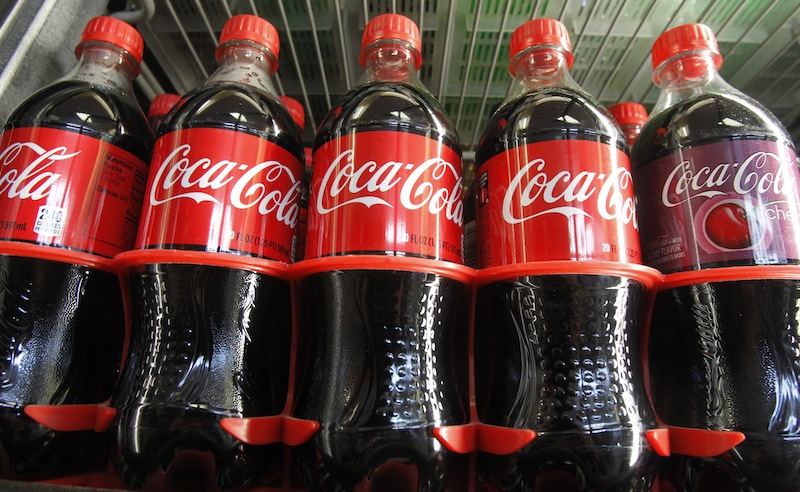MONTPELIER, Vt. — A Vermont House committee voted Wednesday to advance legislation calling for a penny-an-ounce tax on sugar-sweetened beverages.
The House Health Care Committee voted 7-2, with two members absent, for the tax bill that would raise an estimated $27 million to support state health programs. Supporters say it will also discourage consumption of products that are big contributors to obesity.
“We have an obesity epidemic and the scientific data is clear that sugar-sweetened beverages have a unique place in contributing to this epidemic,” said Rep. George Till, D-Jericho, a doctor and member of the Health Care Committee.
He said reliable studies have shown the tax would “substantially reduce the average 44 gallons a year of sugar-sweetened beverages we drink in Vermont.”
The measure faces an uncertain future. Gov. Peter Shumlin has gone on record opposing the tax, saying it would send shoppers to neighboring states. That argument is being pushed hard by retailers and a beverage industry group that has been buying full-page newspaper ads and has launched a full-court press lobbying effort to block the tax.
“We don’t believe we should be singled out as an industry and a heavy tax placed on our products,” said David LaRose, a manager with the Coca-Cola Bottling Co. of Northern New England.
He said the beverage industry already has been taking steps to reduce the beverages’ role in increasing obesity, pulling high-sugar drinks from schools, offering a broader range of low- and no-sugar products and promoting school athletic programs.
The tax would be levied on distributors, rather than paid on retail sales like a sales tax. LaRose said companies would respond by spreading the cost of the tax across their full range of products, so any price signal that might prompt a consumer to choose bottled water over a Coke would be lost.
The House Health Care and Ways and Means committees have been hearing from a range of witnesses, including economists, health professionals and beverage industry executives.
One witness told the House Health Care Committee that Vermont has had an unhappy history as a sales tax state located next to New Hampshire, which has no sales tax.
Art Woolf, an associate professor of economics at the University of Vermont, said eastern Vermont and western New Hampshire had equally large retail sectors up through the 1960s.
Vermont passed a 3 percent sales tax in 1969, which since then has been raised in stages to 6 percent. Meanwhile, data from 2007 show that retail activity on the New Hampshire side of the Connecticut River was now outstripping that on the Vermont side by 40 percent, Woolf said.
Send questions/comments to the editors.



Success. Please wait for the page to reload. If the page does not reload within 5 seconds, please refresh the page.
Enter your email and password to access comments.
Hi, to comment on stories you must . This profile is in addition to your subscription and website login.
Already have a commenting profile? .
Invalid username/password.
Please check your email to confirm and complete your registration.
Only subscribers are eligible to post comments. Please subscribe or login first for digital access. Here’s why.
Use the form below to reset your password. When you've submitted your account email, we will send an email with a reset code.